In the Field, September 20, 1864
I am happy to know that the wicked prosper not, and that the traitorous schemes of our political antagonists, the enemies of our country and our cause, are in a fair way to come to naught.
How sublimely ridiculous has been the performance of the whole farce -- the terrific splutter and fizzle at Chicago -- the high horse which they rode after "little Mac" was announced as the nominee of the party, and their subsequent great trepidation and disgust upon the receipt of the letter of acceptance of the little saint! I have always thought that the true and loyal men of the North would prove sufficient in the contests between parties, where the questions at issue are of so great and vital importance, involving, as they do, the principles upon which our government is based, and we exist as a free people, independent and united; besides the consideration of the great problem of humanity and morality which is now being solved, and which is to affect the whole human race, and influence the destiny of coming generations.
When I read the proceedings of the Chicago Convention, during its organization and continuance, crouching as I was behind a friendly heap of dirt, which only protected me from the balls of the sharp-shooters -- amid the roar of cannon, the bursting of bombs, the screeching of shell, and hurtling balls and hissing of bullets -- tons of iron and lead being pitched about in a most promiscuous and careless manner -- my heart almost failed me. I was fain to give up in despair and disgust. Then, in a day or two we got more particular accounts -- the speeches, platform, and nominations -- and my blood boiled in my fierce wrath and impotent rage!
I have no doubt but I made some wicked and foolish remarks and resolves, but I finally cooled off a little, and took a more extensive and reasonable view of the matter. I thought of the character of the men engaged, compared them with many others enlisted in the good cause and true party; compared platforms & c., and came to the conclusion that the thing wouldn't work. The people wouldn't swallow it, and although the party might cause us much trouble and sorrow, yet the mass of the people would, all in good time, show the true mettle and come to time.
"Eternal vigilance is the price of liberty." We must use every means of an honorable character to controvert and overthrow the designs of our enemies. Grant and Sherman are great generals; Farragut is king of his craft or art -- yet, would they make good presidents? It demands different qualities to constitute a soldier and a statesman and ruler of a nation; much besides scientific knowledge, or the great qualities even of patriotism, determination, and strong will.
**************************************Please excuse this hastily written letter; it is after tattoo, and I am sleepy.I remain your affectionate cousin,C. C. Cone
The strong heart of Charles Cone almost failed him. Not because of the the roar of cannon, the bursting of bombs, the screeching of shell, and hurtling balls and hissing of bullets -- tons of iron and lead being pitched about in a most promiscuous and careless manner but because he's reading an account of the Chicago convention, while crouched behind a "friendly heap of dirt", in the middle of a battle.
He was fain to give up in despair and disgust not because he was in mortal danger, but because he was disgusted by the thought of the little general as a presidential candidate. He's more concerned with great problem of humanity and morality which is now being solved, and which is to affect the whole human race than with his own life. He's funny and articulate, too. Could there be any worse epithet for a general than "little saint"?
There is so much period context packed into this letter I almost don't where to begin:
A) He writes better than a lot of modern college graduates.
B) How many people today would be more worried about political process in a calm situation, let alone while they're being shot at?
C) So much for Johnny Reb's unique courage.
D) We make too few such men in modern America.
Charles C. Cone was appointed first lieutenant, Company I, in the 8th U.S. Colored Troops in late 1863. The son of a wealthy attorney in Wellsboro, Pennsylvania, he had first enlisted in 1861. He was wounded in in the Battle of Olustee in Florida, in February 1864. Nine days after writing the letter, he was severely wounded at the Battle of Chaffin's Farm.
Lieutenant Cone died on October 23, 1864.
He was nineteen years old.
**************************************
Click here for source and original comment.




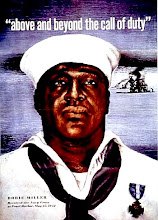
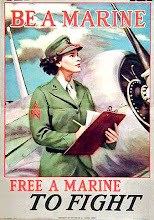
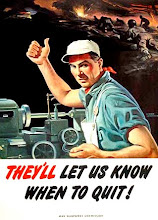
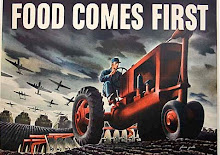
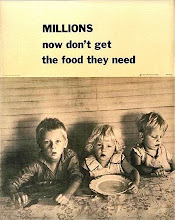


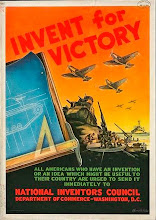
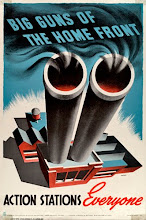
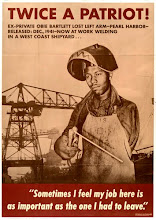
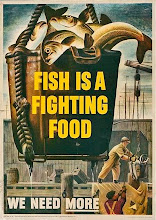
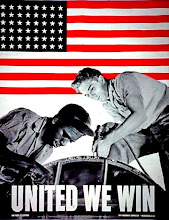

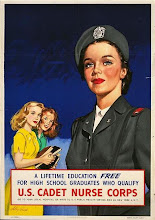
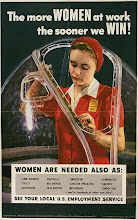
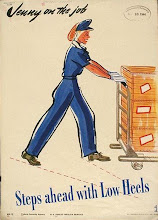
+breed+danger+6x8.jpg)
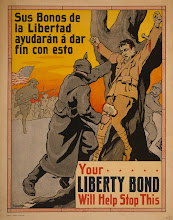
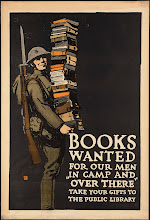
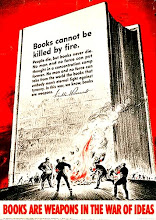
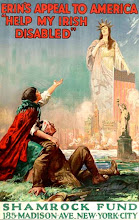
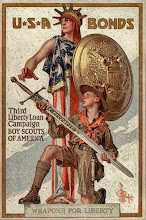

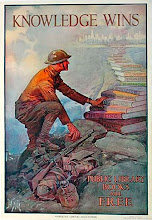

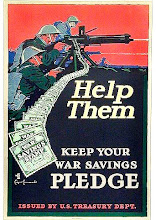
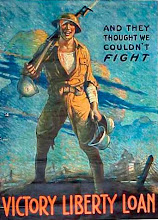
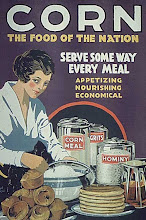
+5x7.jpg)
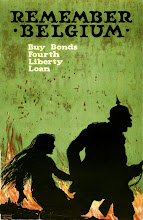
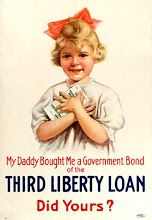
No comments:
Post a Comment